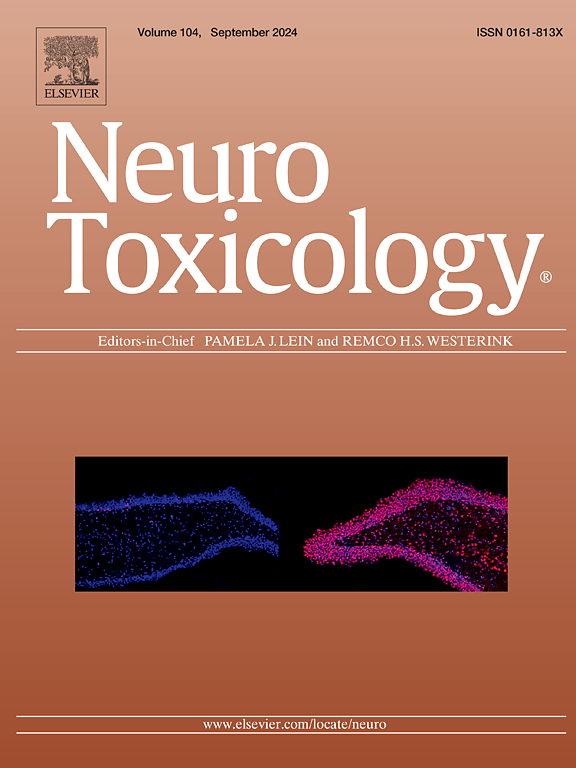Fish consumption advice is depriving children of neurolipids and other nutrients essential to brain and eye development
IF 3.9
3区 医学
Q2 NEUROSCIENCES
引用次数: 0
Abstract
A large and growing body of published research has found considerable evidence of improvements and little evidence of harm to children’s neurodevelopment, including IQ, when pregnant women eat more fish, particularly ocean species. Fish is the primary dietary source for people of omega-3 fatty acids that are essential building blocks for brain structure and function. The human body cannot synthesize adequate amounts of these omega-3s for optimal brain development so they must be obtained preformed, mainly from fish. However, the evidence indicates that women often reduce or eliminate their fish consumption when they become pregnant out of fear that methylmercury will harm their children’s neurodevelopment. This discrepancy between scientific findings and behavior appears to be caused or amplified by highly influential federal advice (fish advisories) that have been urging pregnant women to observe precautionary limitations on their consumption since 2001. Our concern is that these limitations are inadvertently encouraging pregnant women to avoid what could be substantial gains to their children’s neurodevelopment on a population-wide basis. We discuss how a new fish advisory based on the latest scientific findings could benefit children’s brain and cognitive development. We urge the academic/scientific community to develop and disseminate it and use it as a basis for education campaigns.
食用鱼类的建议剥夺了儿童的神经脂质和其他对大脑和眼睛发育至关重要的营养素。
越来越多的已发表研究发现,与少吃或不吃鱼相比,孕妇多吃鱼(尤其是海洋鱼类)对儿童的神经发育(包括智商)有改善作用,几乎没有证据表明对儿童的神经发育(包括智商)有损害。鱼是人们摄取omega-3脂肪酸的主要食物来源,而omega-3脂肪酸是大脑结构和功能的基本组成部分。人体无法合成正常大脑发育所需的足量ω -3脂肪酸,因此必须预先获取,主要是从鱼类中获取。然而,尽管有证据表明,由于担心甲基汞会损害孩子的神经发育,妇女在怀孕后往往会减少或停止食用鱼类。这种科学发现与行为之间的差异似乎是由极具影响力的联邦建议(鱼类咨询)引起或放大的,该建议自2001年以来一直敦促孕妇遵守预防限制。我们担心的是,这些限制无意中鼓励孕妇避免了可能对其孩子的神经发育有实质性好处的东西。我们讨论了基于最新科学发现的新的鱼类建议如何有益于儿童的大脑和认知发展。我们敦促学术界/科学界发展和传播它,并将其作为教育运动的基础。
本文章由计算机程序翻译,如有差异,请以英文原文为准。
求助全文
约1分钟内获得全文
求助全文
来源期刊

Neurotoxicology
医学-毒理学
CiteScore
6.80
自引率
5.90%
发文量
161
审稿时长
70 days
期刊介绍:
NeuroToxicology specializes in publishing the best peer-reviewed original research papers dealing with the effects of toxic substances on the nervous system of humans and experimental animals of all ages. The Journal emphasizes papers dealing with the neurotoxic effects of environmentally significant chemical hazards, manufactured drugs and naturally occurring compounds.
 求助内容:
求助内容: 应助结果提醒方式:
应助结果提醒方式:


